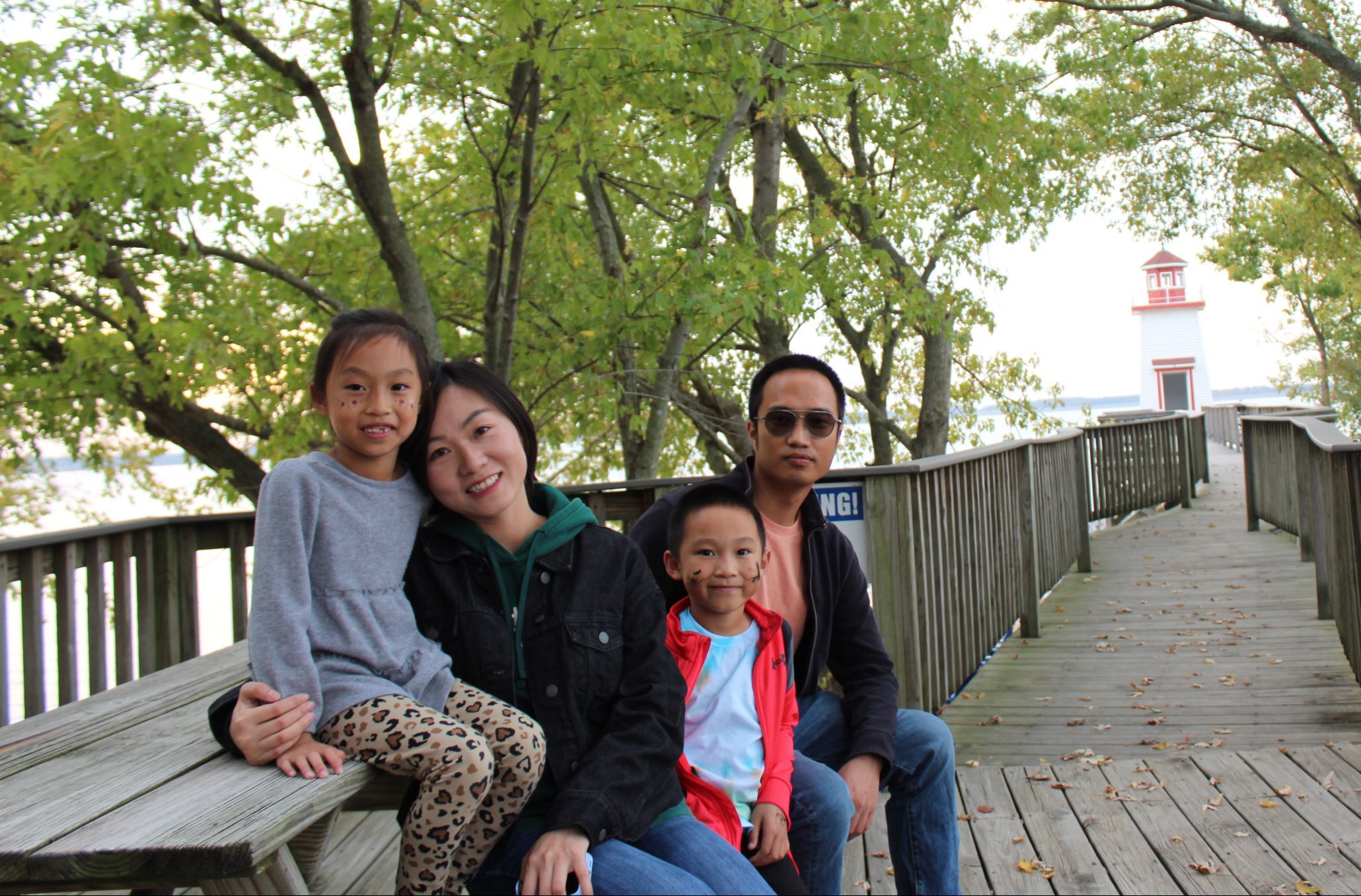
For some survivors, holiday gatherings may contribute to feelings of anxiety and overwhelm, and can bring painful memories to the surface. However, there are ways you can help survivors in your life feel safe, supported, and at ease as we head into the holiday season.
We asked Lotus experts Amanda Harris, Lauren Barks, and the Survivors Council to weigh in on the subject. Amanda Harris is the Sexual Violence Resource Center (SVRC) clinical program coordinator and therapist at Lotus. Lauren Barks is the Children’s Advocacy Center (CAC) clinical program coordinator and also a therapist at Lotus. With their help we have compiled a list of seven steps you can take to support your loved ones during the holidays.

1. Listen to what they need.
Forget the impulse to “fix” and let the survivor tell you how they need support.
Each survivor is unique and may be facing their own challenges.
Don’t offer advice or “fixes.” Instead, assume that they know what is best for themselves, honor their needs, and provide the support they ask for. The holidays can be stressful for survivors and can bring up unexpected emotions—be respectful of what they need in the moment. Ask how you can best support them.

2. Create a safe space.
For some survivors, certain situations, sounds, smells, or other sensory experiences can trigger painful memories or emotions. For others, it can be difficult to feel safe in large gatherings or environments where the survivor lacks control. Be a partner in creating a safe space for survivors. Ask how you can make the environment feel safe and comfortable. Offer to create a plan, such as choosing a safe word the survivor can use to let you know they may need extra support.


3. Respect their boundaries.
For many survivors, creating safe places for themselves means setting boundaries to feel secure and meet their needs. Accept and respect these boundaries and give them space. Be respectful of their boundaries and when space is needed.

4. Walk and talk.
It is important for survivors of trauma to have connections with safe and supportive people in their lives. Given safety measures for reducing the spread of COVID-19, it may be harder than ever for survivors to make those connections this year. Many people may spend the holidays alone this year—get creative in connecting with your loved ones.
You may suggest a time to take a walk while talking on the phone together. Too cold outside for a walk? Invite them to join you in having a cup of hot cocoa via FaceTime, or connect via Skype or Zoom while streaming your favorite holiday movies.
Reach out in any way you can either through phone call, text, or social media. Let that person know you are here for them.

A socially distanced walk is a great way to connect with a survivor in your life as they navigate through what could be a difficult holiday season.

5. Educate yourself.
Increasing knowledge on trauma can create more opportunities to learn more about how to best support that individual.


6. Be a safe person.
Let your loved ones know you are there for them. If interacting in groups during the holidays, watch for nonverbal cues (such as body language and facial expression) that your loved ones may need support. You can then offer to step aside with them, or change the topic of the conversation to something lighthearted.

7. Be patient.
Offering support means letting the survivors in your life know that you are there, then listening as they share their needs and how you can best offer help. This can take time, be patient.
Support your loved ones this holiday season by strengthening them through a helping hand and listening ear. For more ways to support your loved ones visit the Lotus resource page.







